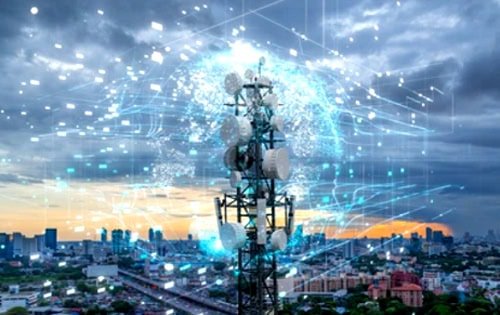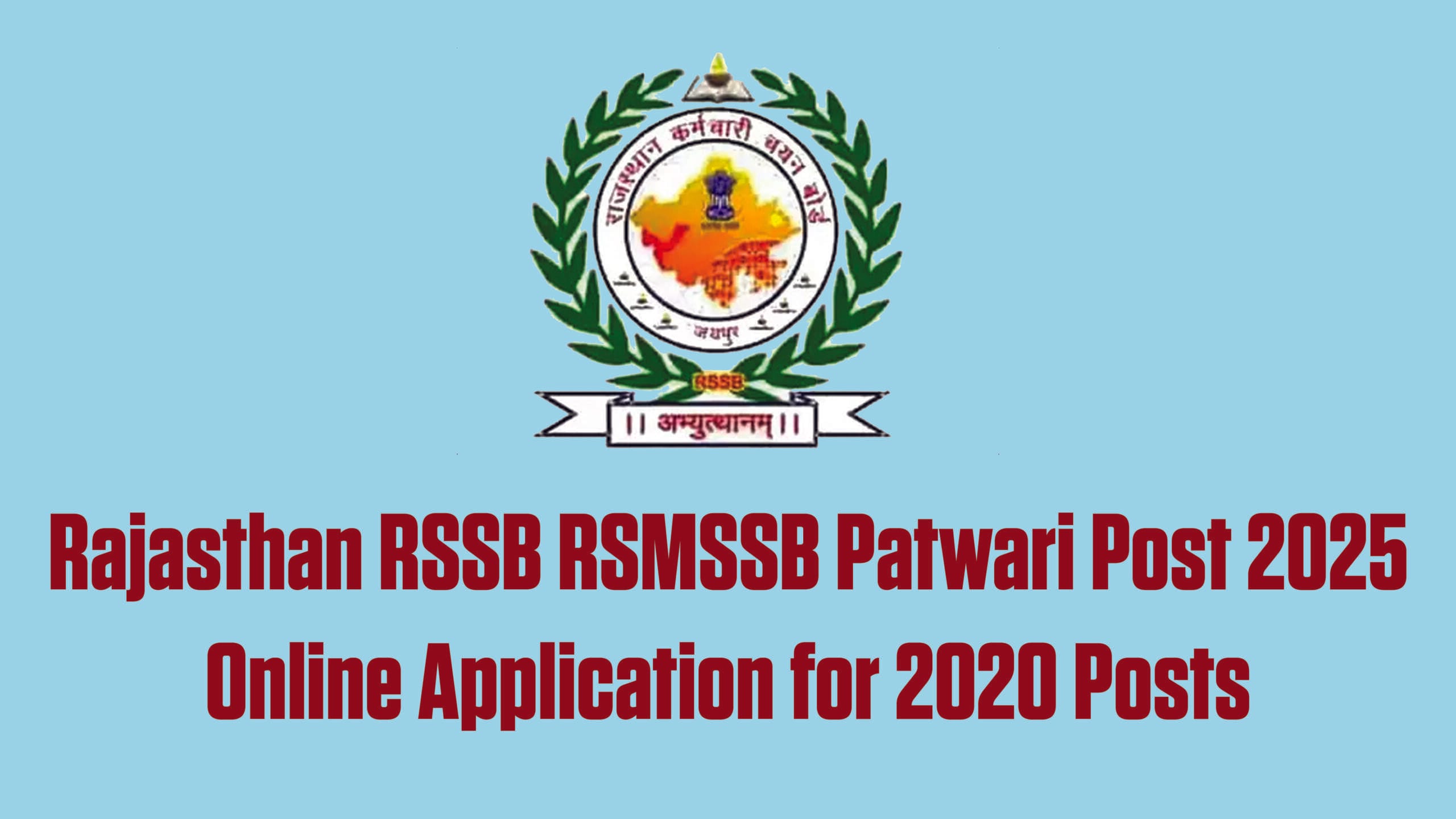India’s Department of Telecommunications (DoT) released draft rules for the Digital Bharat Nidhi (DBN) on July 4, 2024. It aims to improve and expand efforts to connect people to the Internet, especially in rural, remote and poor urban areas. The plan replaces the current Universal Service Obligation Fund (USOF) by transferring funds to help make telephone services more accessible and widespread.
What is the Universal Service Obligation Fund (USOF)?
USOF was created in 2003 to improve telecommunications services in hard-to-reach parts of the country. It is financed by a 5% tax on the adjusted gross revenues (AGR) of telecom operators. Although it generated a lot of money, the fund was often criticized for not being used properly. For example, the government says that only 72% of the Rs 41.74 billion received between 2017 and 2022 was utilized. This led to budget changes and cuts in FY23 as results remained poor, especially in projects like BharatNet.
Changes in Digital Bharat Nidhi (DBN)
With the transition from USOF to DBN, the government hopes this will resolve past issues and further expand assets. In addition to improving rural telecommunications services, DBN will also contribute to:
- Research and development in telecommunications technologies.
- Assisting in pilot projects and consulting services that will improve connectivity.
- Telecommunications services that help disadvantaged groups, such as women and people with disabilities, should be funded.
- Make the telecommunications sector more open to new ideas and technologies created in the country.
Operating structure
Under the proposed new rules, telecom companies will first deposit their payments in the Consolidated Fund of India. DBN will then receive money from this fund. The operating model involves selecting a trustee to manage the fund and appointing DBN implementers through tender or direct application. These implementers will execute different projects according to DBN rules, with a focus on providing services in an open and fair manner for all.
Financing and delivery methods
The administrator will decide on a case-by-case basis how to pay for the items. There may be full, partial and co-financing options and ways to reduce risk. This optimized method will make it easier to deal with different connectivity issues in different locations and work more efficiently.
Objectives and effects
DBN’s goal is not just to expand telecommunications services. It also aims to make the telecommunications industry a better place for technological innovation and new business creation. It seeks to break new ground by using cutting-edge technologies and establishing regulatory sandboxes where new ideas can be tested in a safe environment. India’s telecom sector will be more competitive on the global stage due to its focus on standardization and international compliance.











Sudarshan Sinha
I am a blogger and youtuber. jobsinformations.in is my site. jobsinformations.in provides you all the informations of Latest Vacancies in India, Govt Jobs, Jobs in various sectors such as Railway, Bank, CDS, NDA, SSC, Army, Navy, Police, UPSC, APSC and more in one place.